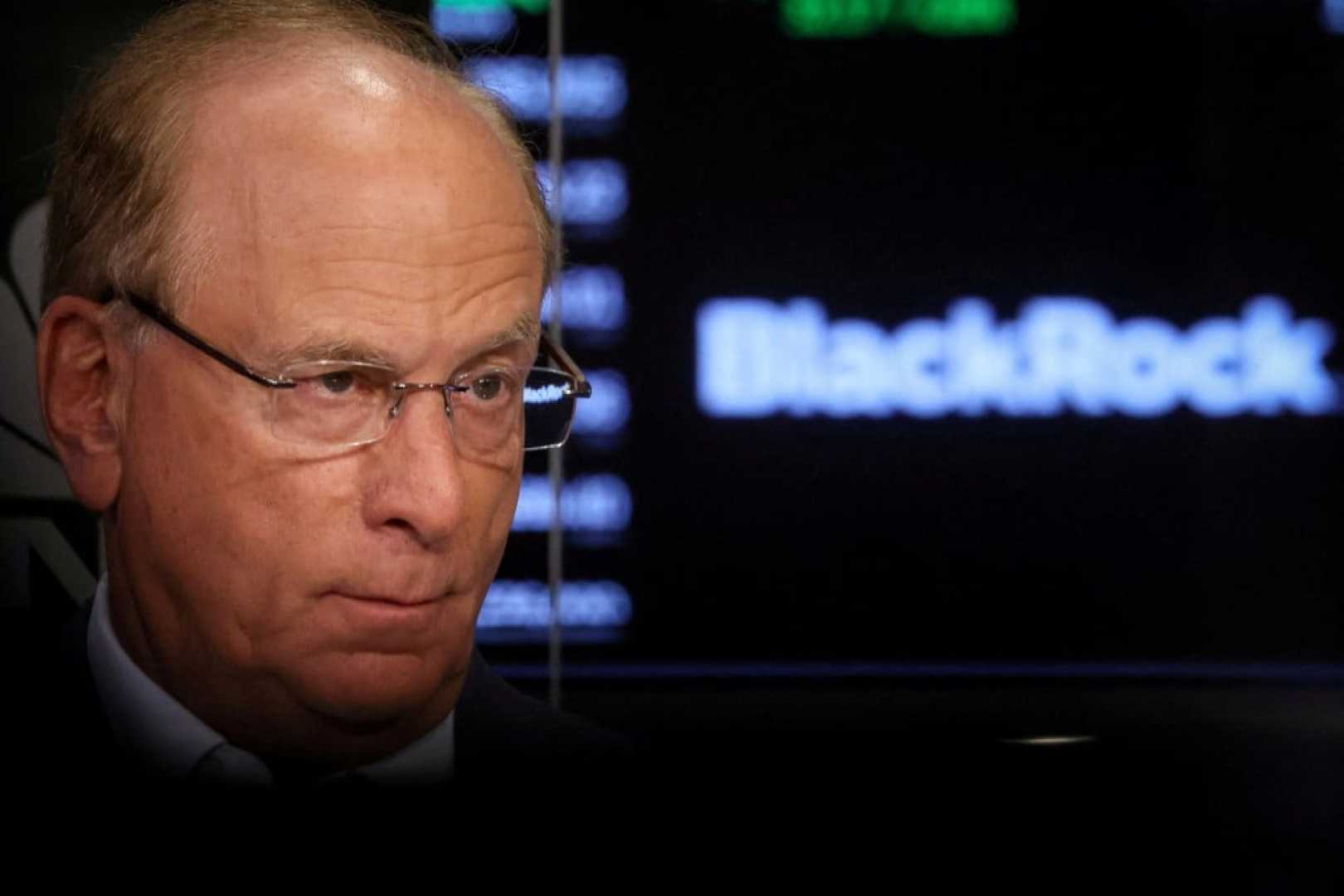Business
BlackRock Eyes Global Ports Deal Amid U.S.-China Tensions

WASHINGTON, D.C. — Larry Fink, CEO of BlackRock, is actively pursuing a landmark deal to acquire 43 ports worldwide from Hong Kong-based CK Hutchison. The transaction, which includes ports strategically positioned at both ends of the Panama Canal, could significantly bolster U.S. presence in global trade. BlackRock’s ambition is to finalize the deal amid ongoing tensions between the U.S. and China.
The bid, revealed to On The Money, aims to leverage increased U.S. influence in the region, particularly following recent comments from President Trump about the importance of the Panama Canal, a critical thoroughfare for international shipping.
CK Hutchison is led by 96-year-old billionaire Li Ka-shing, a prominent figure in Hong Kong’s business landscape. The company holds long-term leases on multiple ports, including significant locations along the Panama and Suez Canals. The deal’s price and potential complications have raised eyebrows, as China’s Communist Party (CCP) has indicated discontent, warning that the acquisition could restrict trade and serve as a U.S. political tool.
Sources within BlackRock have projected confidence about securing approval through ongoing negotiations with the Chinese government. A BlackRock executive stated, “We are proceeding as if this deal will happen,” despite acknowledging possible hurdles from Chinese authorities.
The timeline for the acquisition includes a 145-day due diligence period that commenced on March 4, designed to navigate complex international laws and regulations. This timeline suggests a commitment to adapting the strategy as necessary to ensure compliance with Chinese laws and interests.
Fink’s relationship with the Trump administration has been marked by fluctuations. Historically, he supported Democratic candidates like Barack Obama and Hillary Clinton, but he has increasingly aligned himself with Republican interests, particularly those of the Trump administration, particularly in the context of economic strategies that prioritize U.S. national security.
Notably, the BlackRock deal aligns with Trump’s broader strategy for U.S. global influence. “The President always appreciates efforts from American companies to advance our nation’s national security interests,” said White House Press Secretary Karoline Leavitt, reinforcing the administration’s support for initiatives that challenge Chinese dominance.
Despite these advances, not all Republican factions are on board with Fink’s maneuvers. Will Hild, executive director of Consumers’ Research, continues to challenge BlackRock’s commitment to corporate governance standards that overlap with social activism, emphasizing that their oversight will not relent.
This deal represents an intersection of finance, tech, and national security, especially as BlackRock expands its portfolio amid the volatility pertaining to U.S.-China relations. The success of these negotiations could redefine the stakes of geopolitical control over strategic global infrastructure.
In light of this complex backdrop, BlackRock must navigate not only economic frameworks but also the intricate political landscape that could influence the deal’s final outcome.












